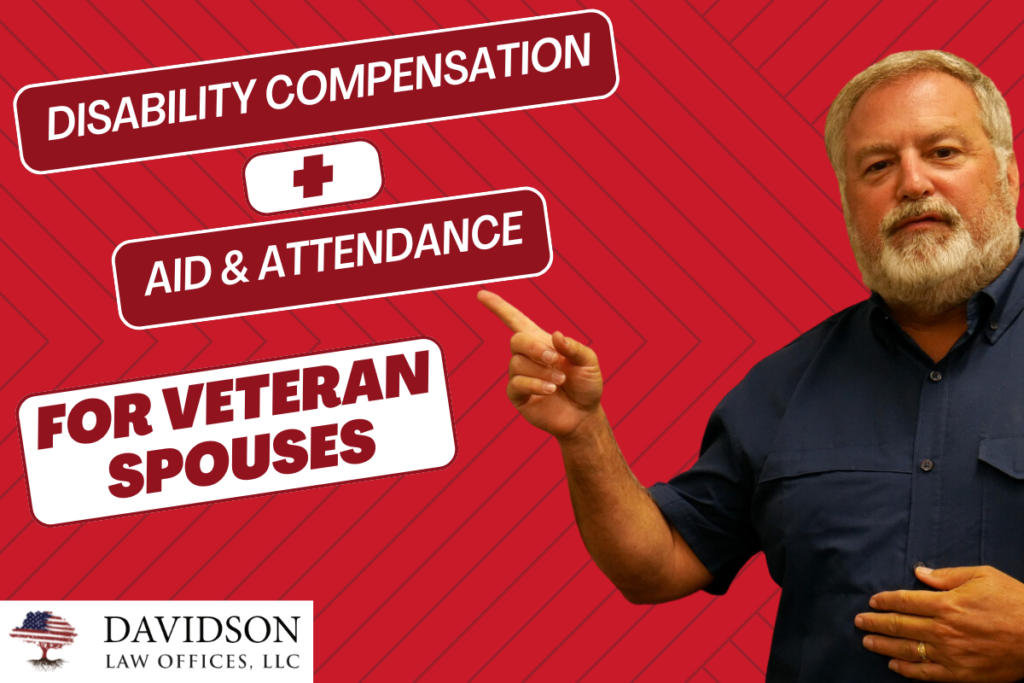Hey folks, Dale Davidson here, your go-to VA guy! Thank you for visiting our blog today. Remember, it’s a great day to have a great day! I’ve got some important information to share with you below regarding DIC and additional benefits for Veteran spouses.
Recently, I received a letter that said, “Dear VA guy, my mother just recently got a letter from the VA stating that she was granted DIC and special monthly compensation. I don’t understand what this means. Can you please tell me?”
What is DIC?
Let’s break it down. DIC stands for Disability Indemnity Compensation. It’s a benefit paid to the surviving spouse or dependent of a Veteran who was injured during service and was receiving some form of compensation prior to their death. To be eligible, the Veteran must have had an honorable discharge, an in-service injury, a nexus or presumption connecting the injury to their service, and a service-connected disability.
It sounds like your mother’s husband was receiving some sort of service-connected compensation from the VA prior to his death. After his passing, your mother smartly filed for DIC as a surviving spouse. Now, the special monthly compensation part of the benefit is a bit different. This typically includes Aid and Attendance or a homebound status added to the basic DIC.
What is Aid & Attendance?
Aid and Attendance is an additional benefit for those who need assistance with daily living activities such as eating, preparing meals, bathing, personal hygiene, transportation to and from medical appointments, and financial management. Based on what you mentioned in your letter, your mother is in a wheelchair and unable to leave her home without assistance, which would qualify her as homebound.
To determine her eligibility for this additional benefit, the VA looks at her income and assets. For VA purposes, income includes her Social Security and any other earnings, but medical expenses like paying caregivers can be deducted. For instance, if your mother receives $1,000 a month in Social Security but pays $1,200 a month for caregivers, her income for VA purposes is effectively zero, making her eligible for additional benefits.
Furthermore, the VA considers assets, excluding the primary residence and up to two acres of land. If her assets don’t exceed $150,000, she would qualify. If there’s additional acreage beyond the initial two, its value must be factored into her net worth.
Based on your letter, your mother acted wisely by applying for DIC within a year of her husband’s death, adhering to the 12-month rule. This timely application, combined with her documented need for aid and attendance, likely secured her the special monthly compensation.
Typically, Aid and Attendance provides around $1,300 to $1,400 a month. Given that your mother is receiving a total of $1,700 a month, it seems she’s getting around $300 to $400 in basic DIC, with the remainder coming from the Aid and Attendance benefit. I hope this explanation clears things up for you. Your mother did the right thing by applying for DIC and ensuring she gets the support she needs.
Contact Us So We Can Help!
If you need assistance with VA benefits for Veteran spouses, complete this form or give us a call at (229) 226-8183. If you’d like to see this blog in video format, you can watch it below. Please be sure to SUBSCRIBE to our YouTube channel and click the bell notification button so that you’re notified each time we publish a new video.

